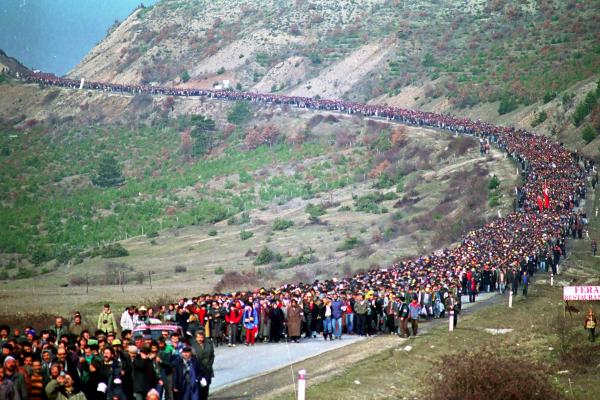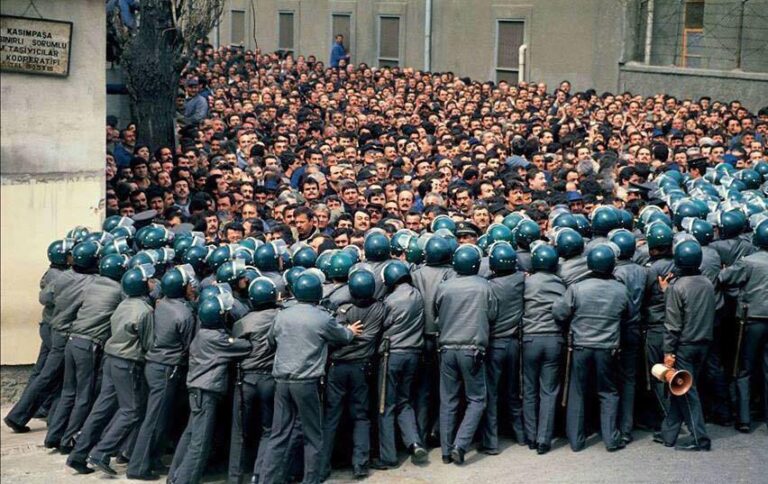Social and solidarity economy (SSE)

Social and solidarity economy (SSE)
The term social and solidarity economy (SSE) refers to economic units and activities that operate according to a set of principles, values and objectives different from traditional businesses. Social and solidarity economies (SSEs) prioritize people, society and planet over capital and profit, operate according to democratic principles and develop solidarity relations. SSEs refer to a wide range of economic enterprises, especially cooperatives.
The term SSE may be referred to in different terms by different countries, actors and organizations, depending on its coverage of a wide range of economic entities. For example, “social economy”, “solidarity economy”, “popular economy”, “plural economy”, “community economy”, “alternative economy”, “non-profit sector”, “third sector” and “social enterprise”. Sometimes used as if they mean the same thing, each of these terms actually highlights either some SSE experience or certain aspects of SDE experience. Therefore, it can be stated that the term SSE is an umbrella term that covers many experiences that have differences but have common characteristics.
SSE was born from the merger of two streams. One of these is the ‘social economy’ tradition that developed especially in Europe and North America, and the other is the ‘solidarity economy’ movement that developed in South America. Therefore, defining SSE requires accounting for social economy and solidarity economy.

The concept of social economy refers to the universe of practices that mobilize economic resources to meet human needs, outside of for-profit businesses and public institutions. It is generally understood as the ‘third sector’, which is outside the ‘first sector’ and ‘second sector’ of the economy and complements the two. It specifically covers cooperatives, foundations, associations, charities and non-governmental organizations and social enterprises. Social economies are organizations where decisions are made through democratic means, have social goals, have limited returns on capital, and benefits are socialized. It is in a ‘complementary’ relationship rather than ‘competition’ with the public and private sectors.
Solidarity economy has changed the meaning of social economy. It does not refer to philanthropic activities, civil society activities aimed at mitigating the effects of the neoliberal project, and social inclusion projects. Solidarity economics offers a critique of the current economic model and includes a proposal for an alternative economic model, and in this respect it has a more radical and transformative character. Paul Singer, one of the pioneers of the solidarity economy movement, summarizes this movement and approach as “in the midst of contradictions, in the cracks of capitalism, we are building a new type of society and economy.”
While the solidarity economy is a relatively new movement, the roots of the social economy date back to the period when industrial capitalism emerged. At this point, a parallel can be drawn between the emergence of the social economy in the 19th century and the development of the solidarity economy in the last quarter of the 20th century. Social economy emerged as a reaction from below to the problems brought about by industrial capitalism. The solidarity economy developed as a grassroots response to the problems brought about by neoliberal globalization era capitalism.
The solidarity economy is a result of the neoliberal globalization process. Neoliberal globalization includes policies such as abandoning Keynesian/import substitution policies, privatization, marketization of public services and commons, changes in labor regulations in favor of capital, and disbanding/weakening labor organizations.
As a result of these conditions, the solidarity economy is a movement that developed in the Latin American continent, especially in Brazil. In Brazil, in the 1980s, both Social Movement Unionism and the Landless Movement developed. Additionally, in Brazil, it is seen that some factories that have gone into bankruptcy have been taken over by their workers and turned into cooperatives. These movements, also called “Landless” and “Bossless”, developed relationships based on self-management in rural areas and industrial centers and organized and established umbrella organizations. The main axis of the solidarity economy in Brazil is based on these social movements. Similar processes took place in other Latin American countries in the 1990s.
SSE emerged from the convergence of the solidarity economy with the relatively more transformative part of the social economy. In fact, this rapprochement began when it became clear that while globalization divided the world into the Global North and the Global South, this was not a geographical division. The attack of capital on labor and nature affects not only the late capitalist (periphery) countries but also the early capitalist (core) countries. The processes of dispossession, commodification and workerization of capital have brought the social economy of the North and the solidarity economy of the South side by side as a counter movement.
SSE began to attract global attention, especially after the 2008 crisis. In the 2008 crisis, cooperatives were seen to be resilient, despite the fragility of capitalist enterprises. Accordingly, it has brought about increased criticism of the dominant economic model and business type and increased interest in SSE. The studies carried out, meetings organized and reports published by international organizations such as the ILO, UN, EU and OECD on the subject are a reflection of this.
SSE is not just about economic activities but consists of social movements in struggle. The real power of SSE comes from the fact that it is a social movement, a grassroots movement rising from below. What makes SSE powerful is that it consists of both economic activities and protest-based movements. Emily Kawano draws attention to this when she says, “social movements and solidarity economics are two sides of the same coin.” The slogan “Resist and build!” reflects this feature of the movement.
SSE can be considered as a practical critique of the neoliberal economic model and capitalist labor relations. The scope of the criticism and transformation in question depends on the struggle of the SSE movement.






+ There are no comments
Add yours